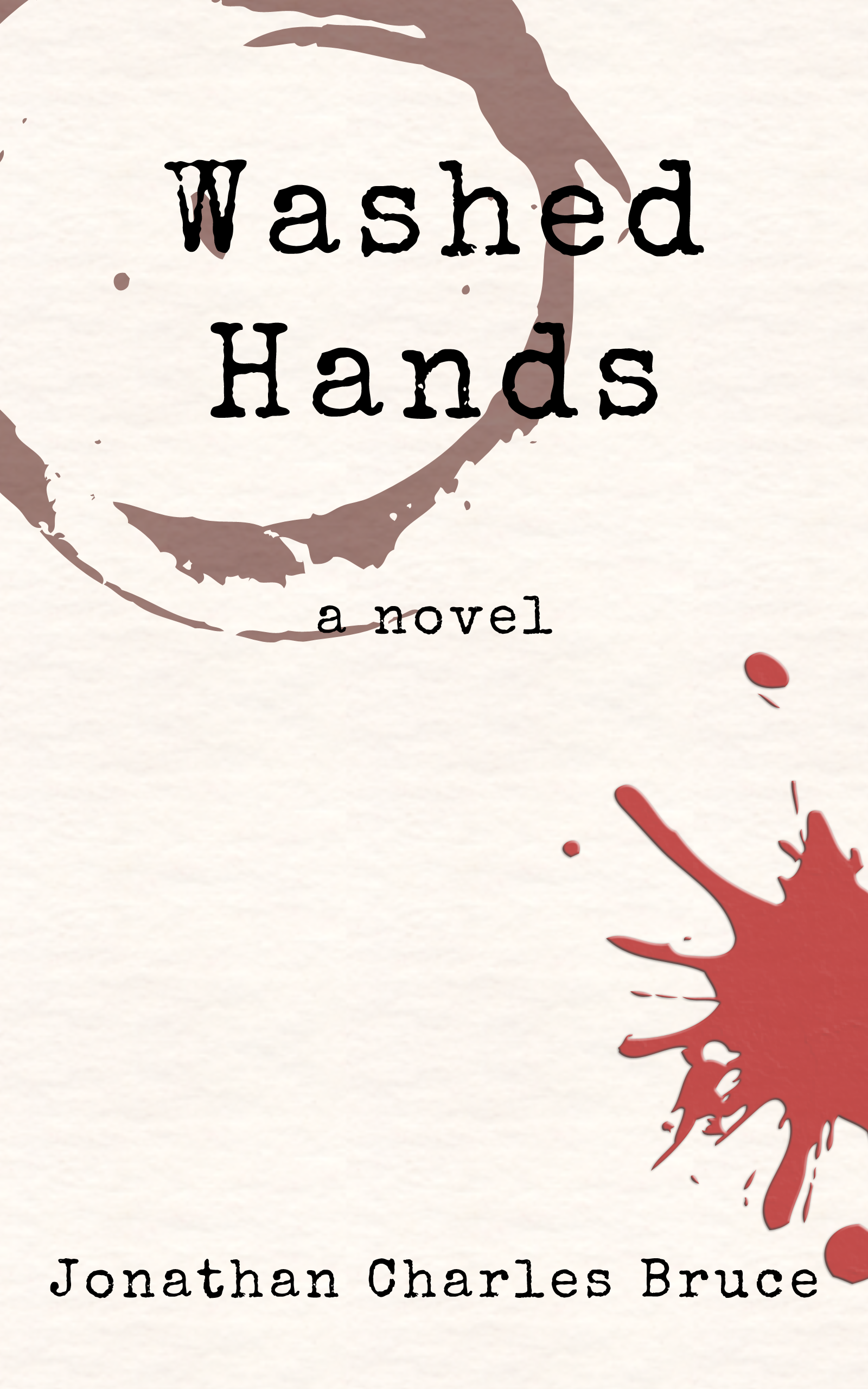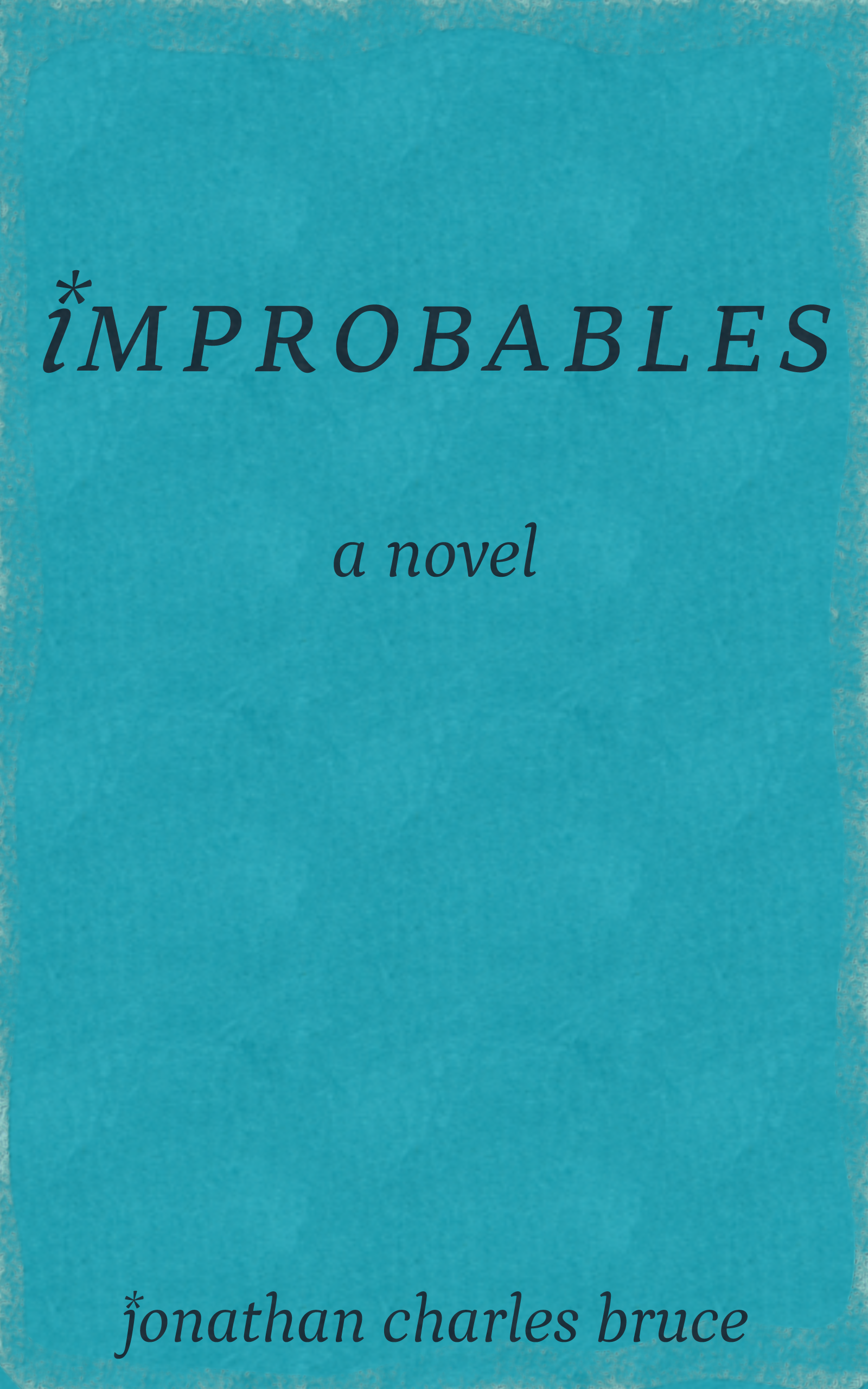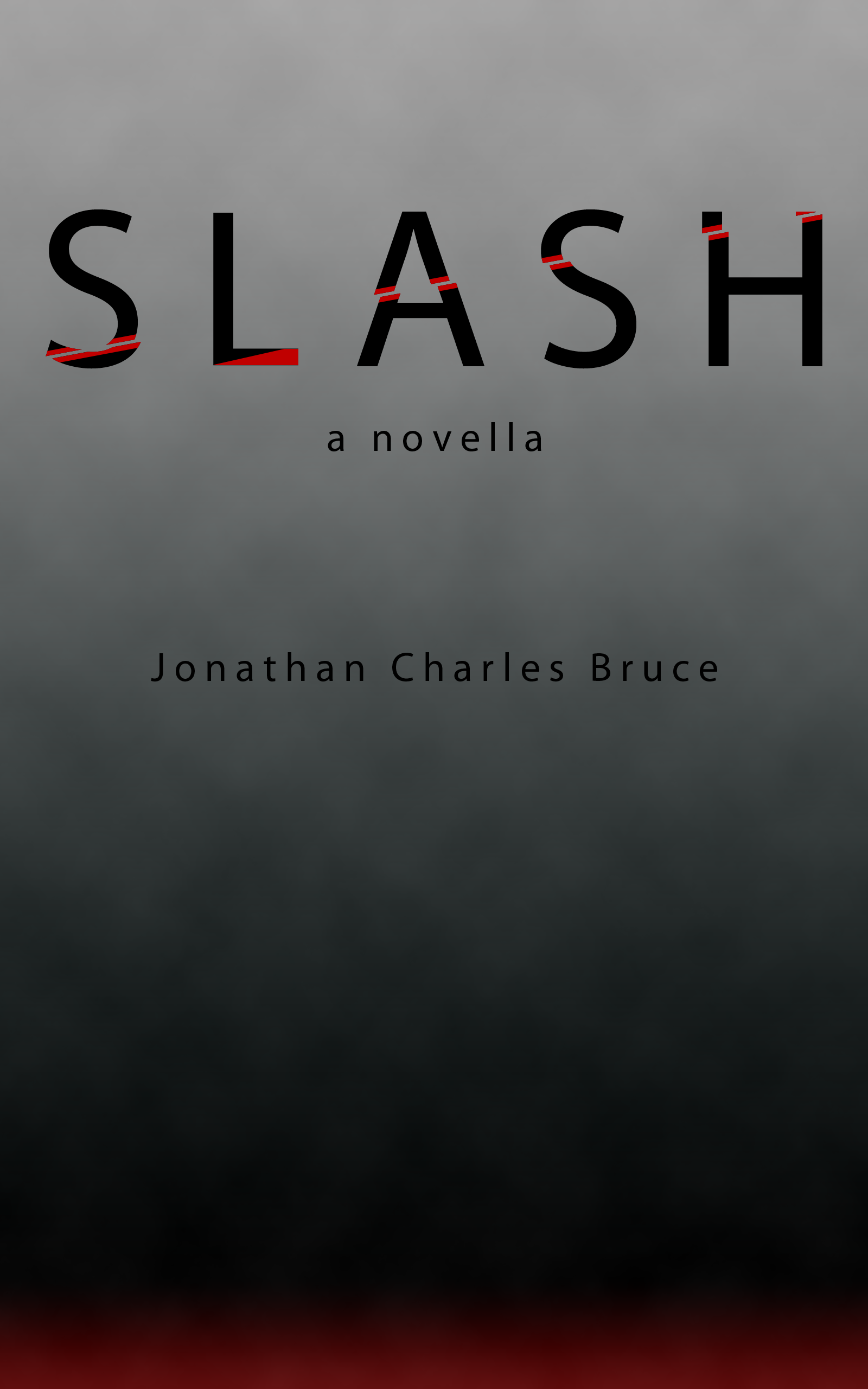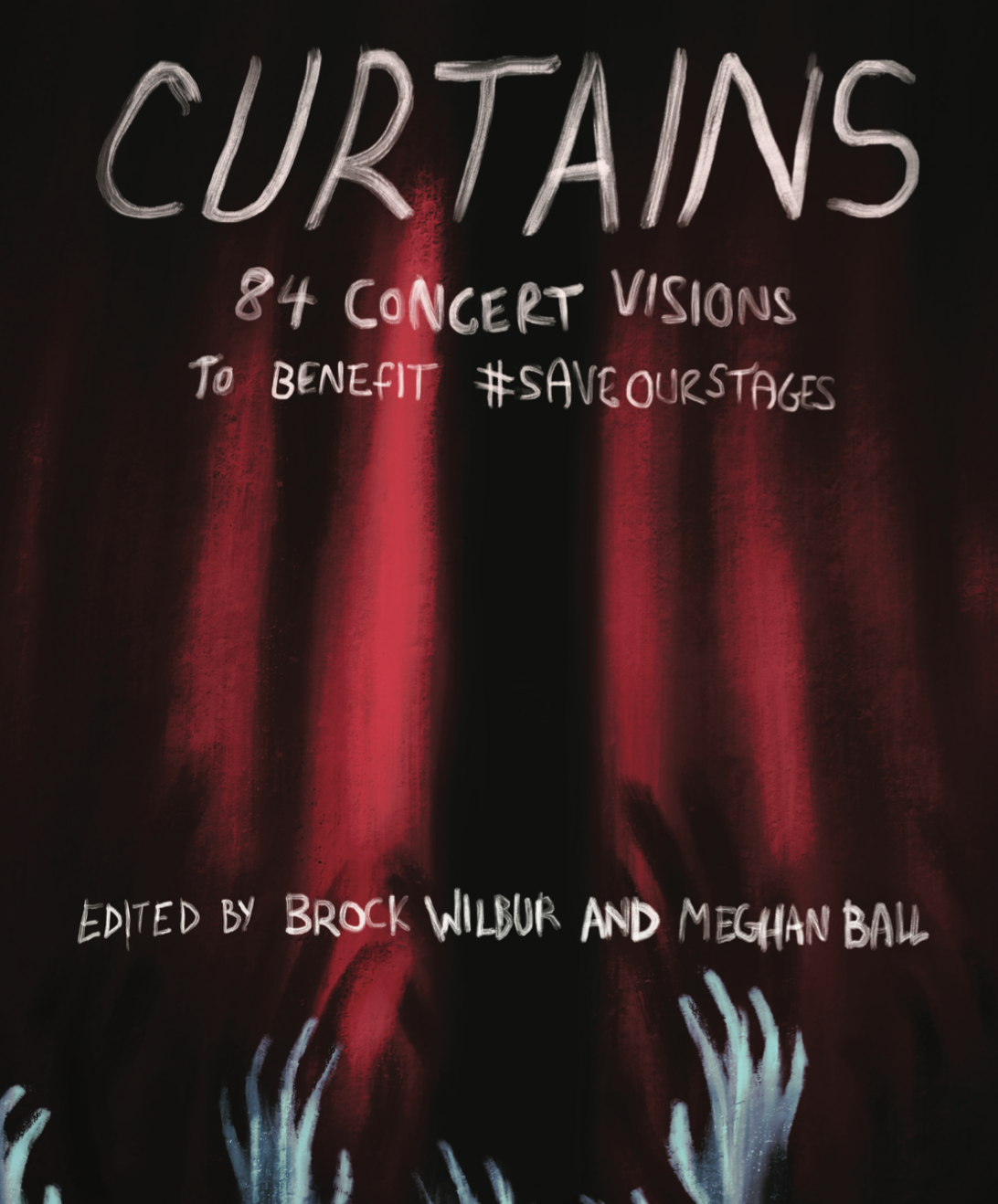Eliza Carthy, Angels and Cigarettes
It took until I was seventeen to get along with music.
Sure, there was an earnest effort to get me involved. It’s just that it was all pretty much terrible. My elementary school had chorus as part of their K-6 curriculum. And no offense to all the kids that had their love of music unlocked during these sessions, but it did nothing but make me loathe the process. When we learned the scales, it was with the godawful “Do Ra Me” from The Sound of Music. The lyrics are still etched into my brain, but for the life of me I have no idea what the hell the difference between fa and so is.
I didn’t understand the whys and hows behind music—it was just assumed that every child knew it from the get go, that our understanding of the mechanics of song were somehow pre-fab and needed to be built upon, rather than… you know… built. It also didn’t help that the teacher seemed to take a special dislike of me. Most of my teacher-derived punishment in grade school came from this class and teacher, which made me dislike the subject more, which made me act out more… it wasn’t the best situation, is what I’m saying.
To this day I can’t read music. The little dots go up and down, but it is largely meaningless outside of the barest comprehension.
Sure, there was music I liked—outside of school, my sister’s teenaged tastes of showtunes and pop gave me glimpses of a world of sound that extended beyond the bland, play-it-safe tonal snorefest my teacher insisted on drowning us with day in, day out. I wore out tapes of “Weird Al” Yankovic—for a shy kid who read books and played video games, his music provided hope that the world could be silly well into adulthood. But, at the end of the day, nothing felt like it was ‘mine’ in a way that spoke to me.
The first album I bought was the soundtrack to the video game Final Fantasy III. The next happened years later: a compilation album of The Manhattan Transfer. It was for the song “Twilight Zone”. Surprisingly enough, I had heard it in my first music class that dropped the performative aspect in favor of listening. Understanding. Appreciating music.
It largely did none of those things, though. You see, this class (which really should have been a foundational thing) was in seventh grade. My body was mutating, I was being bullied, my humor hadn’t yet developed into anything approaching funny, I openly read RPG manuals in study hall, and I assumed everyone who talked to me hated me and had an ulterior motive for speaking in my direction. Add on to that the whole ‘my-last-several-years-of-music-class-had-been-listening-to-a-woman-browbeat-me’ and the entire thing was a bit on the miserable side.
I stumbled into other music over time, usually thanks to my sister’s heroic efforts at trying to make sure I wasn’t a total square. No matter what, though, it still felt like the things I liked weren’t really mine. It sounds silly, sure—you buy something, it’s yours, right? But nothing spoke to me the way I heard music really should.
In the summer of 2001, everything changed. Off handedly going through a fairly old copy of Entertainment Weekly, I came across a review of the album Angels and Cigarettes by Eliza Carthy. I don’t quite remember what caught my eye about it (it was probably her blue hair), but I felt compelled to give this album a try. On a trip to Southridge, a mall in a fairly significant state of declination at the time, we stopped at the nearby Sam Goody.
For those of you who are unfamiliar, Sam Goody was a music store that offered a sizable collection in exchange for a quite sensible 300% markup that certainly did not lead to them being bought up by a larger, infinitely less stupid retailer.
It turned out that they happened to carry Angels and Cigarettes. I wasn’t sure what to expect when I popped the CD in the player, but when the first notes of “Whispers of Summer” hit my ears, I fell in love.
I had never encountered a song that had ever captured a feeling of seasonal melancholy before. The image of shuffling through the barren streets, dirty winter snow mirroring an overcast sky, made this an anthem of soldiering on. The promise of better days to come spoke to me, made me think that the past years that saw my disastrous forays into dating were something to be endured. I know it sounds cliché, but being a teen can in many ways feel like being trapped in an endless, oppressive winter—and this truly helped.
Eliza Carthy gave me something to hold onto, and every song I listened to seem to speak to something entirely unique. “Train Song” was a mournful counterpoint to The Police’s “Every Breath You Take”, a story of unrequited love that turns into open and shameful obsession.
The protagonist of the song drifts from idle daydreaming to something else over the course of the song. “I’ve been found out,” Carthy laments. “What’s my mother gonna say?” The story that unfurls is haunting and sad, malevolent with an odd twist of innocence. Whereas “Every Breath You Take” always struck me as a straight-forward creepfest, there’s something infinitely more complex with “Train Song”, something worth exploring.
The complexity of her lyrics and variety of her music was staggering. I was used to musicians sounding the same. With Angels and Cigarettes, each track felt new and whole, regardless their subject matter and the broad categorization of genre. Take, for instance, the song “The Company of Men”.
On the surface, it’s a song about sex. But it’s so much more than that. Once more, it reflected something deeply personal to me at the time—even if I wouldn’t fully appreciate it until well later and with a healthy amount of retrospective. It was about relationships, particularly the song-and-dance of a courtship being forced despite the lack of anything approaching connection. Really, that was all we had—a desperation for physical, emotional connection, while at the same time a rampaging need for freedom. It’s mournful, exploratory, and painfully honest.
Describing “The Company of Men” as honest is actually doing a disservice to the other tracks. Eliza Carthy (through her entire discography, I would come to find) always strikes me as a sincere storyteller with her songs. “Breathe” positively drips with a latent anger that burns beneath the mostly-slow song, and such anger would ring hollow without her talent to solidify it in her listener’s ear.
“Beautiful Girl” captures the performative aspects that many women find themselves in, not just for the male gaze, but their female contemporaries as well. Like a lot of her songs on this album, there’s a mix of conflicting emotions—sympathy, ire, jealousy, disgust. The pacing of the song also calls to mind a desperate attempt to keep ahead of inevitable disaster. Everything combines to create a sense of brinksmanship: by all means, push yourself to be the best, to be idolized, but realize that every moment carries you one step closer to the day when you can’t.
The final track that I’ll leave you with is the one that I feel is the most important in my own development as a person.
“Perfect” was the first song I’d ever heard that actually acknowledged that I didn’t have to play a part to be accepted. It reminded me that in order to be loved, I had to love. That I had to be willing to cry for someone to have someone willing to do the same. It taught me a lesson in vulnerability that I desperately needed to hear.
Although Eliza Carthy’s Angels and Cigarettes didn’t do anything as grand as save my life, her music showed me that I could unabashedly actually love the art. It finally spoke to me as a person, told me things that I had always been promised it could. But more importantly, Eliza Carthy’s music felt wholly my own. Sure, a glance at a review made me go and find her album, but the adoration for it was informed by my own experience.
Eliza Carthy has an impressive discography. You owe it to yourself to check her out. Every album is pretty damn amazing, even if you do have to order the occasional imported CD.
< PREVIOUS ENTRY • NEXT ENTRY >
Advice • Fiction • Gaming • General Musings • Reviews





